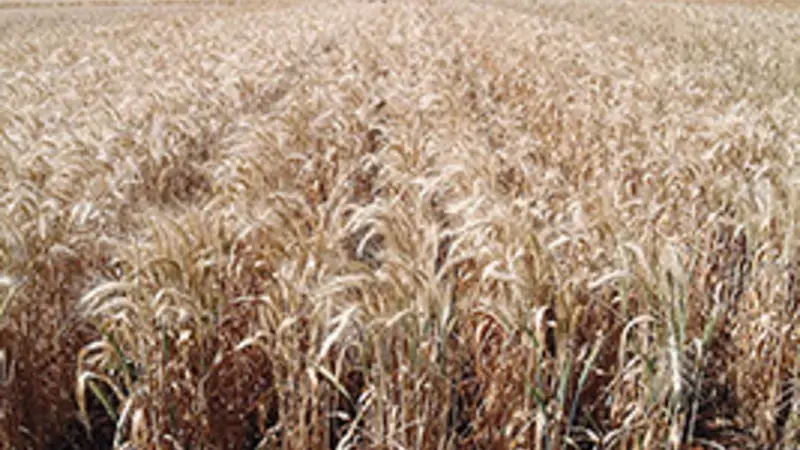Introducing SARD-SC Wheat: Raising Africa’s wheat production

Wheat consumption is rising rapidly in sub-Saharan Africa and imports account for over 70% of the region’s needs. Change is needed to protect ordinary Africans from the vagaries of global commodity markets and strengthen the continent’s wheat security – without change, the Continent’s population will remain vulnerable to sudden food price hikes.
Nigeria, for instance, currently imports four million tons of wheat, spending $4 billion on the commodity every year – a figure that is expected to reach $10 billion by 2030 when Nigerians are predicted to consume over 10 million tons of imported wheat to satisfy their growing demand for non-traditional foods like pasta, noodles, and bread.
In Africa we cannot afford to repeat the mistakes of the past. The status quo – the ever-expanding demand-supply gap – is unsustainable and the prime cause of many societal problems, including widespread hunger and periodic violence.
ICARDA and its national and CGIAR partners are attempting to address these challenges through a region-wide initiative that aims to boost domestic production – seeing this strategy as the principal means of tackling Africa’s rising import dependence.
Leading the wheat component of Support to Agricultural Research for Development of Strategic Crops in Africa (SARD-SC), managed by the African Development Bank, ICARDA is managing an integrated strategy that incorporates the following activities:
- The development and dissemination of improved high-yielding wheat varieties
- Fast-track seed multiplication programs
- The promotion of proven technologies and farming practices
- Policy intervention packages to create the right enabling environment.
Recent impacts suggest that wheat production in sub-Saharan Africa has significant potential. The impressive performance of improved varieties of high-yielding, heat-tolerant wheat – now generating 5 to 6 t/ha in Kano and Borno States – has convinced Nigerian policymakers to invest in domestic wheat production.
The application of integrated pest management – a practical and environmentally-friendly approach to pest control which combines an extensive range of techniques to control and prevent the growth and spread of pest populations – is also generating positive results, for instance boosting wheat yields in Sudan and reducing farmer dependence on unsustainable chemical pest management strategies.
Researchers have also identified potential high-yielding, heat-tolerant wheat varieties for further distribution to smallholder farmers – over 300 in Sudan, 12 in Eritrea, 8 in Kenya, and 32 in Zambia.
Complementing the identification of potential wheat varieties, SARD-SC researchers are exploring agronomic options to drive production gains – including conservation agriculture and crop rotation in Ethiopia, and optimum seed and fertilizer rates in Sudan and Zimbabwe.
Finally, in order to determine the main constraints holding-back the adoption of new technologies, socio-economic studies have also been conducted with rural communities in Ethiopia, Nigeria, and Sudan, helping to improve delivery mechanisms. A key constraint that emerged was an inadequate supply of improved seed – which could be overcome through the development of on-farm, low-cost seed production and storage facilities.
The progress of SARD-SC Wheat can be followed at: http://sard-sc-wheat.icarda.org/
